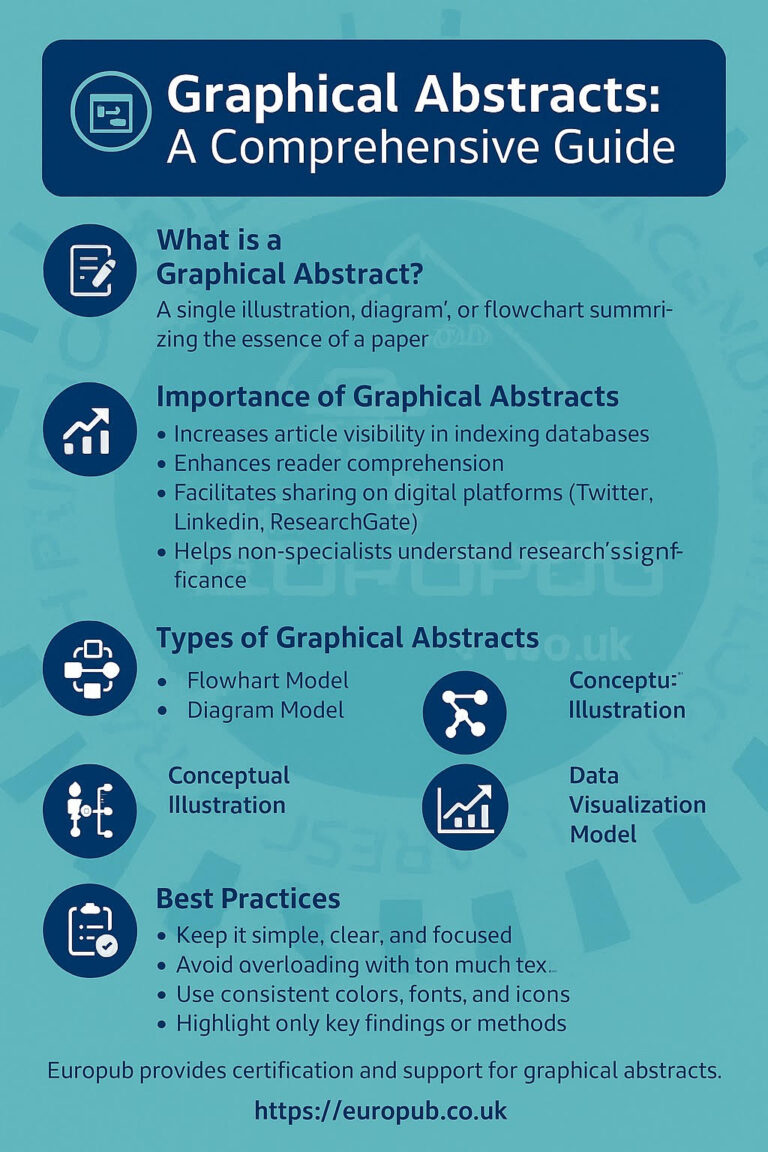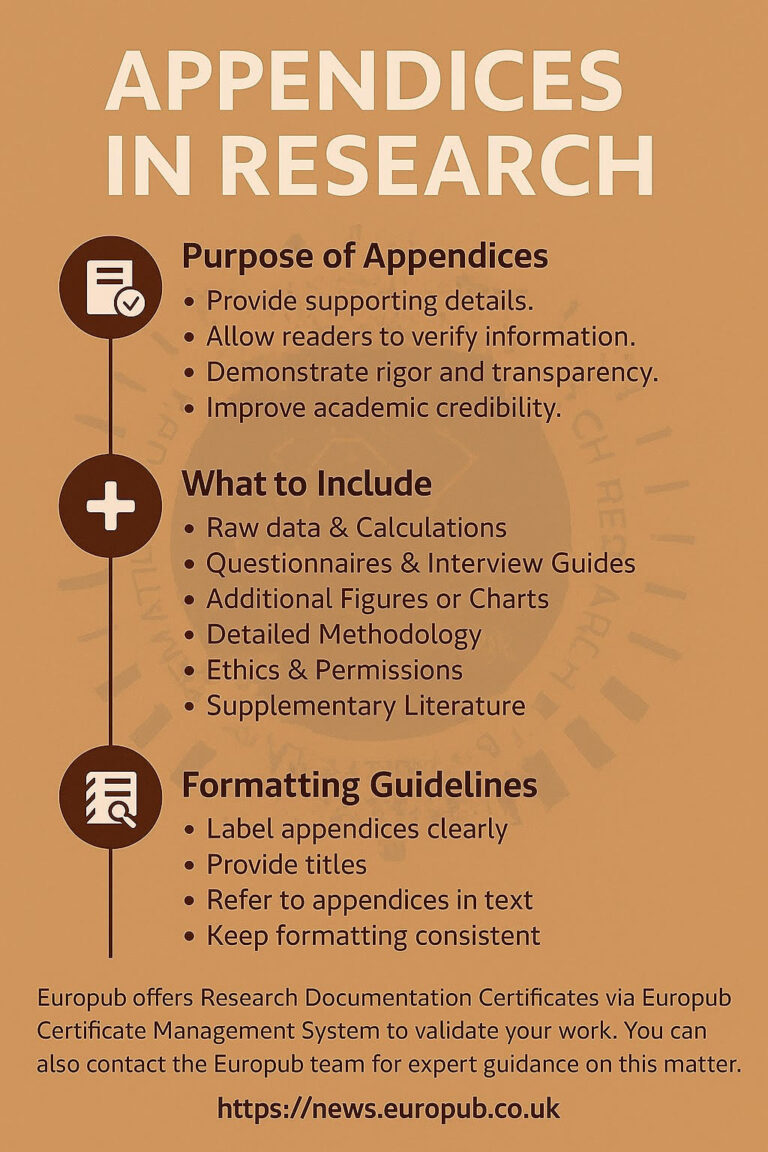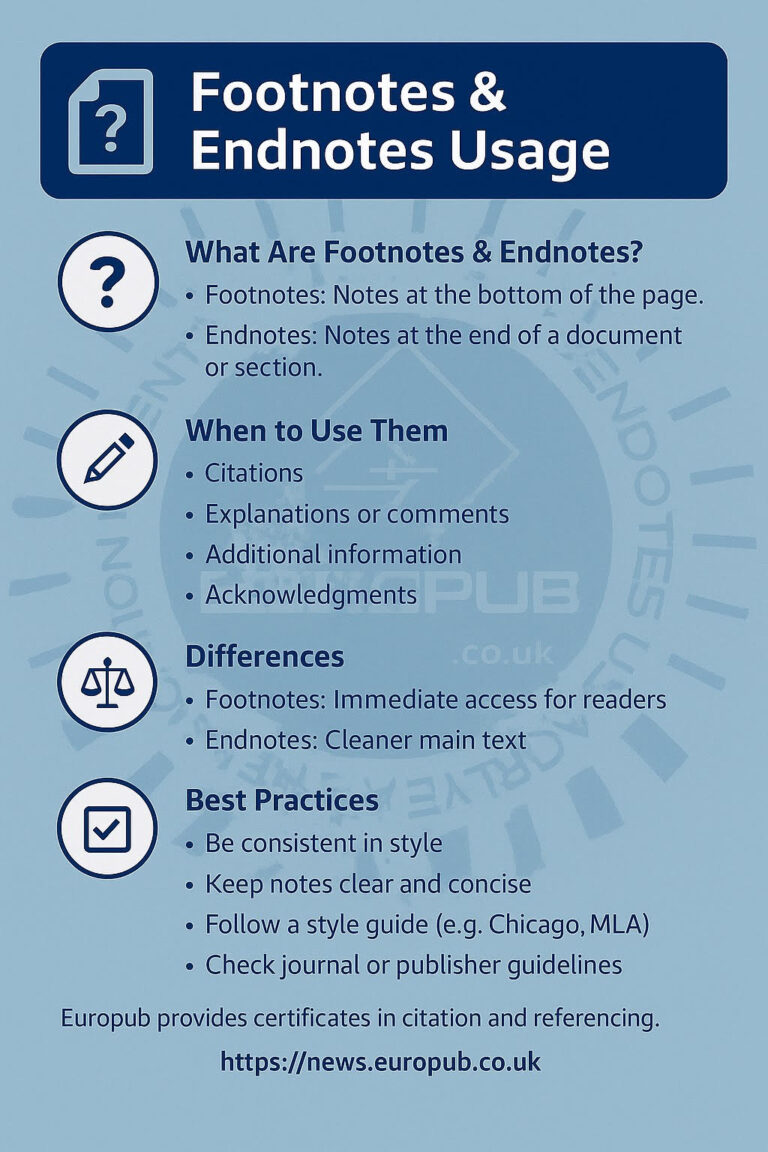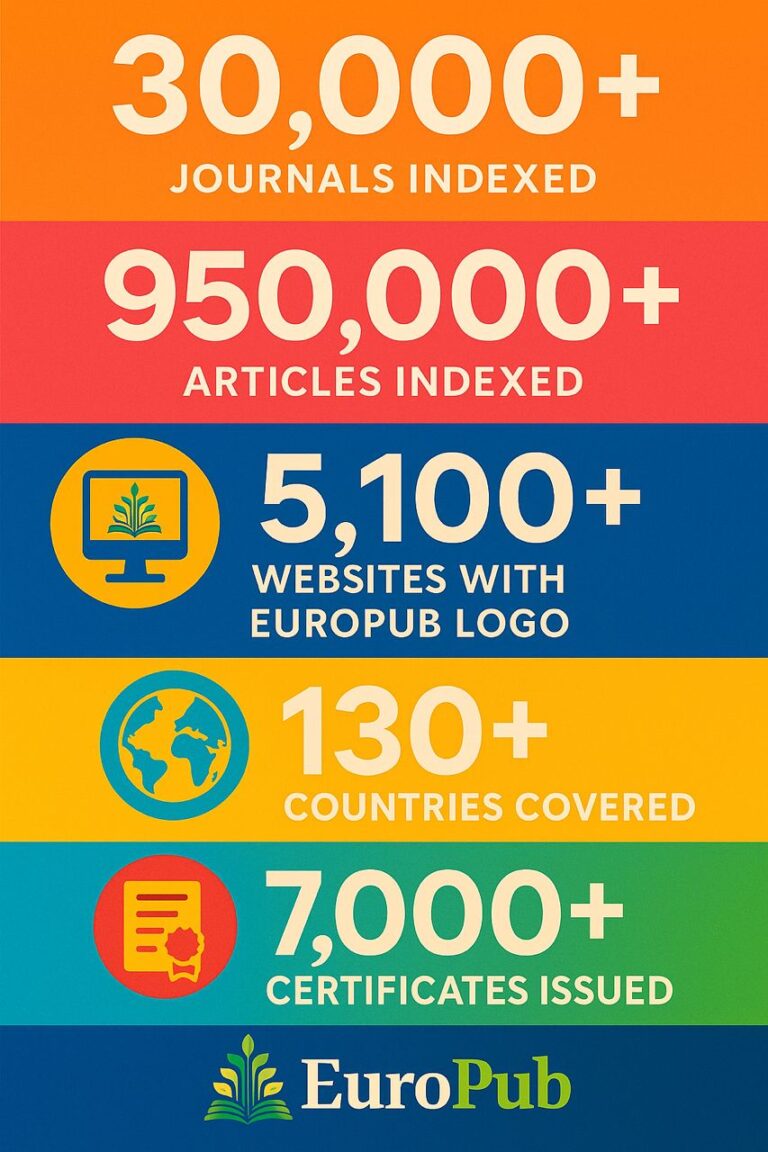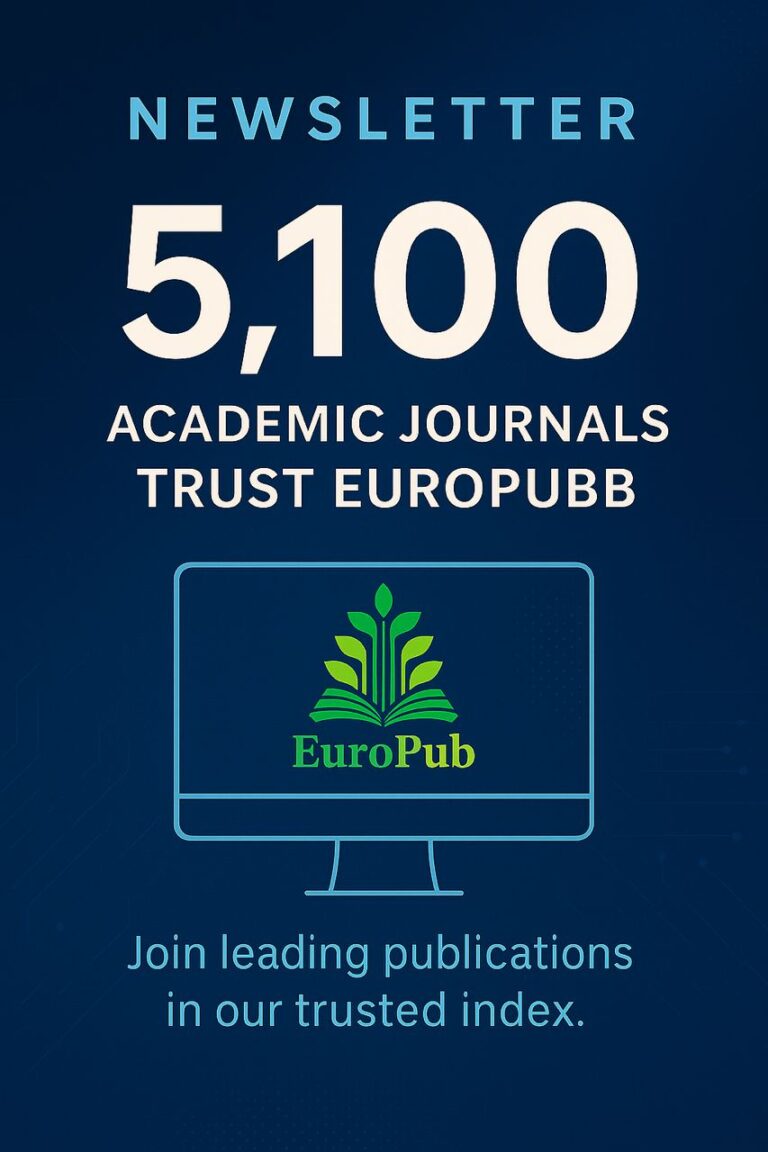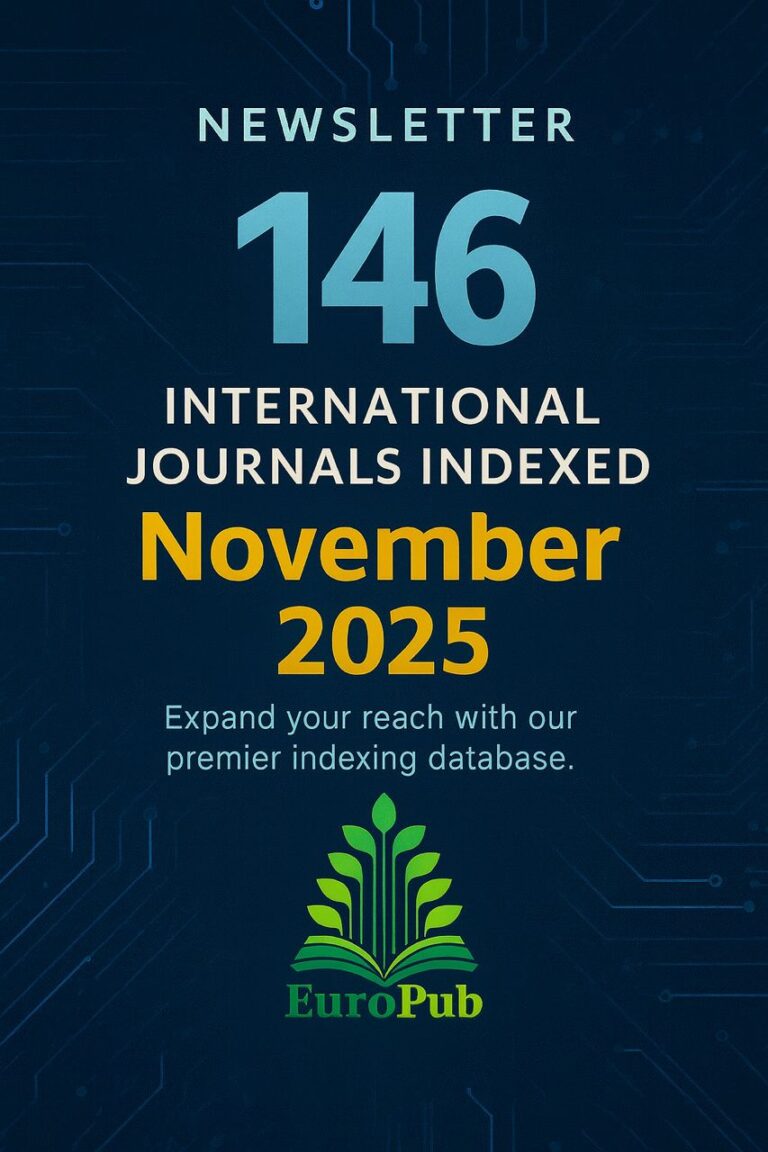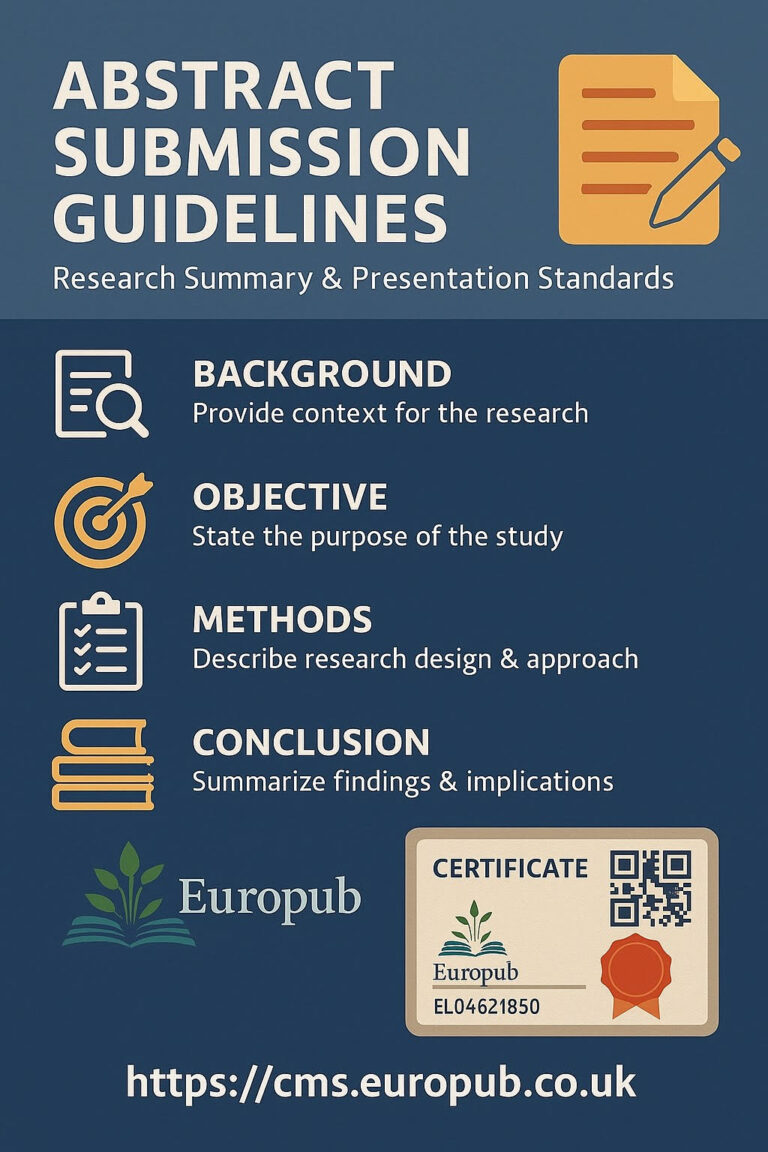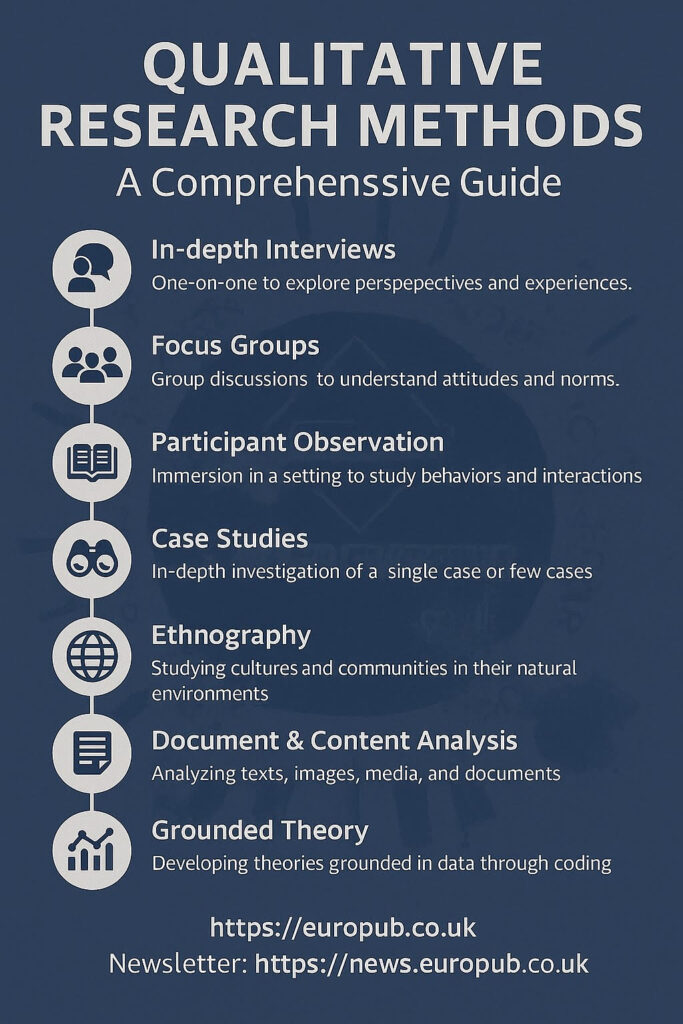
Introduction
Qualitative research is a systematic method of inquiry that seeks to understand human behavior, experiences, perceptions, and social phenomena. Unlike quantitative research, which focuses on numbers and statistical analysis, qualitative research explores the meanings and interpretations behind actions and words.
This approach is widely used in the social sciences, humanities, education, healthcare, and increasingly in multidisciplinary fields. A solid understanding of qualitative research methods is essential for researchers aiming to capture the depth and richness of human experience.
Why Qualitative Research Matters
- Explores Complex PhenomenaHelps uncover motivations, beliefs, and emotions that numbers cannot explain.
- FlexibilityResearchers can adapt methods based on emerging data.
- Contextual UnderstandingSituates research within cultural, social, or institutional frameworks.
- Generates New TheoriesOften leads to the development of theories instead of testing them.
Key Characteristics of Qualitative Research
- Subjective: Focuses on participants’ perspectives.
- Inductive: Builds theories from data, not the other way around.
- Contextual: Emphasizes the environment in which events occur.
- Descriptive: Produces detailed, narrative findings.
- Interactive: Researcher often plays a participatory role.
Major Qualitative Research Methods
1. In-depth Interviews
- What it is: One-on-one conversations to explore participants’ perspectives.
- When to use: To gather personal experiences and opinions.
- Tools: Recording devices, transcription software, coding frameworks.
2. Focus Groups
- What it is: Group discussions guided by a facilitator.
- When to use: To understand collective perspectives or community norms.
- Challenges: Managing group dynamics and ensuring all voices are heard.
3. Participant Observation
- What it is: Researcher immerses themselves in the setting.
- When to use: For studying behaviors in natural contexts.
- Example: An anthropologist living in a village to study cultural rituals.
4. Case Studies
- What it is: Deep exploration of a single case (individual, organization, or event).
- Strengths: Provides holistic insights.
- Weaknesses: Limited generalizability.
5. Ethnography
- What it is: Long-term immersion in a community or culture.
- Goal: Understanding cultural practices, norms, and values.
6. Document & Content Analysis
- What it is: Analyzing existing texts, images, or videos.
- Use: Media studies, historical research, political science.
7. Grounded Theory
- What it is: Developing theories directly from data through coding.
- When to use: When no existing theory adequately explains the phenomenon.
Data Collection & Analysis in Qualitative Research
- Data Collection Tools: Interviews, observations, field notes, documents.
- Coding & Categorization: Identifying patterns and themes.
- Thematic Analysis: Organizing data into meaningful categories.
- Software Support: NVivo, ATLAS.ti, MAXQDA.
Strengths of Qualitative Research
- Provides rich, detailed data.
- Useful for exploratory studies.
- Captures participants’ voices authentically.
- Supports interdisciplinary approaches.
Limitations
- Time-consuming and resource-heavy.
- Data is subjective and may be influenced by researcher bias.
- Findings are not easily generalizable.
- Requires strong analytical skills.
Common Mistakes to Avoid
- Poorly defined research questions.
- Lack of systematic coding and analysis.
- Ignoring ethical issues (consent, confidentiality).
- Overgeneralizing findings.
Real-Life Example
A healthcare researcher studying patient experiences with telemedicine conducted in-depth interviews with 30 participants. Themes such as trust, accessibility, and communication barriers emerged, shaping healthcare policy in the region.
Tools & Resources
Practical Checklist
 Clear research question.
Clear research question.
 Appropriate method chosen.
Appropriate method chosen.
 Participants selected ethically.
Participants selected ethically.
 Data collected systematically.
Data collected systematically.
 Coding and analysis transparent.
Coding and analysis transparent.
 Limitations acknowledged.
Limitations acknowledged.
Europub Certification & Guidance
After completing qualitative research, Europub provides:
 Certificate of Qualitative Research Competency via the Europub Certificate Management System.
Certificate of Qualitative Research Competency via the Europub Certificate Management System.
This certification:
- Demonstrates your expertise in qualitative methodologies.
- Strengthens applications for conferences and journals.
- Enhances your professional profile.
 Apply here: https://cms.europub.co.uk
Apply here: https://cms.europub.co.uk
 Main site: https://europub.co.uk
Main site: https://europub.co.uk
 News & updates: https://news.europub.co.uk
News & updates: https://news.europub.co.uk
 You can also contact the Europub team for expert guidance in designing, conducting, and analyzing qualitative research.
You can also contact the Europub team for expert guidance in designing, conducting, and analyzing qualitative research.
Conclusion
Qualitative research is not about numbers—it is about understanding people, cultures, and meanings. By mastering interviews, focus groups, ethnography, and thematic analysis, researchers can uncover deep insights that statistics alone cannot provide. Europub ensures your qualitative studies gain recognition, certification, and academic credibility worldwide.
